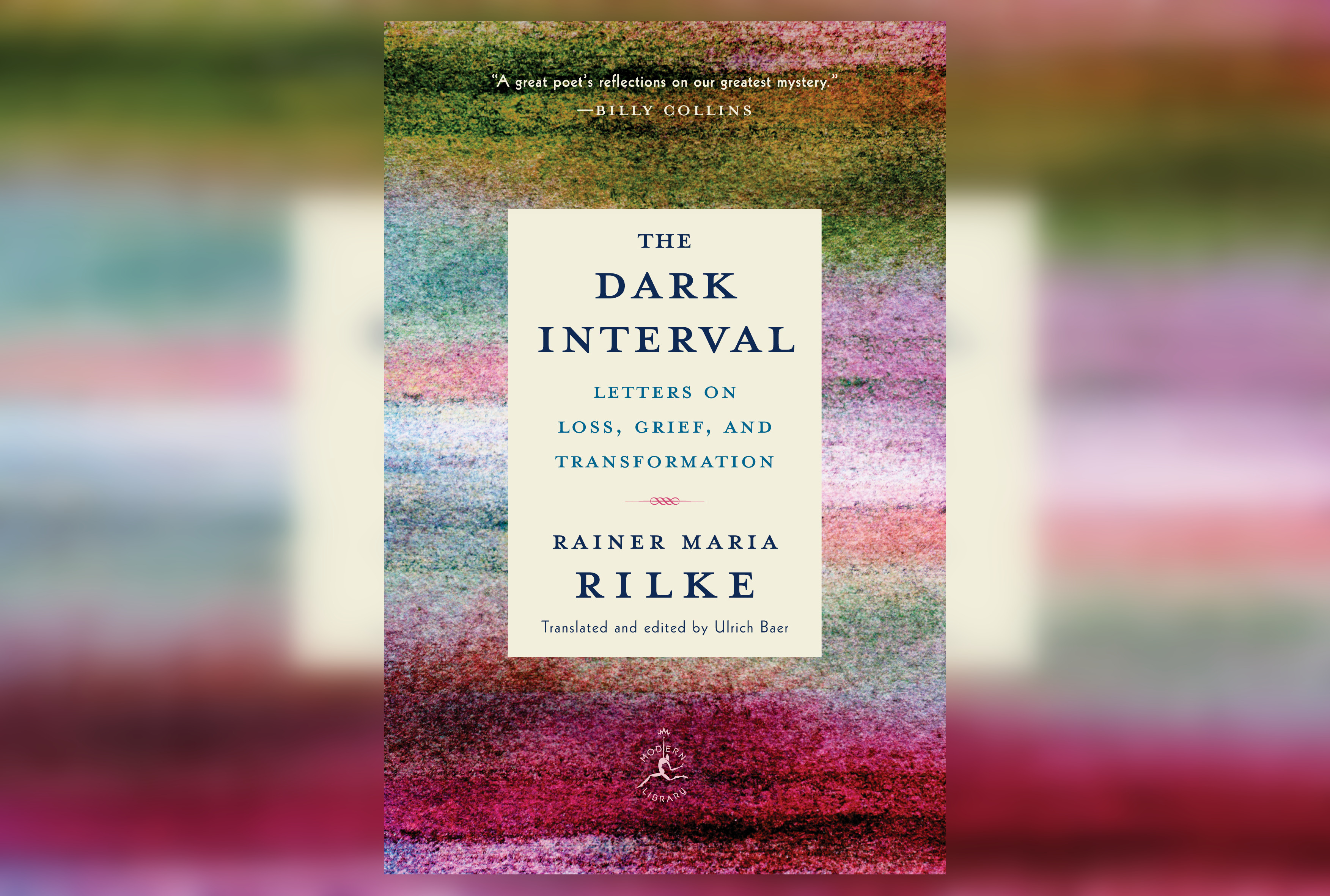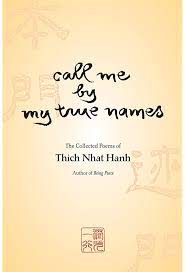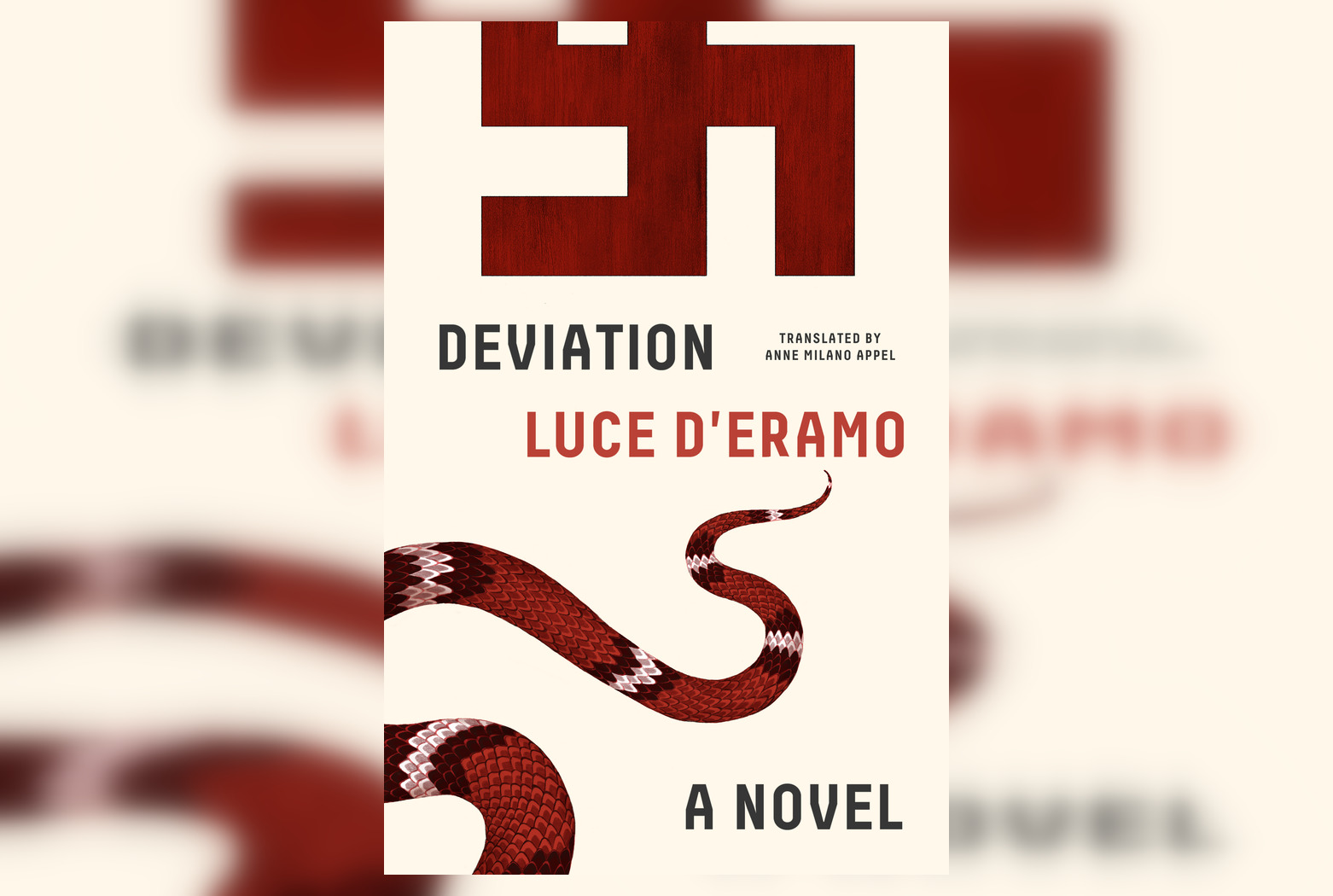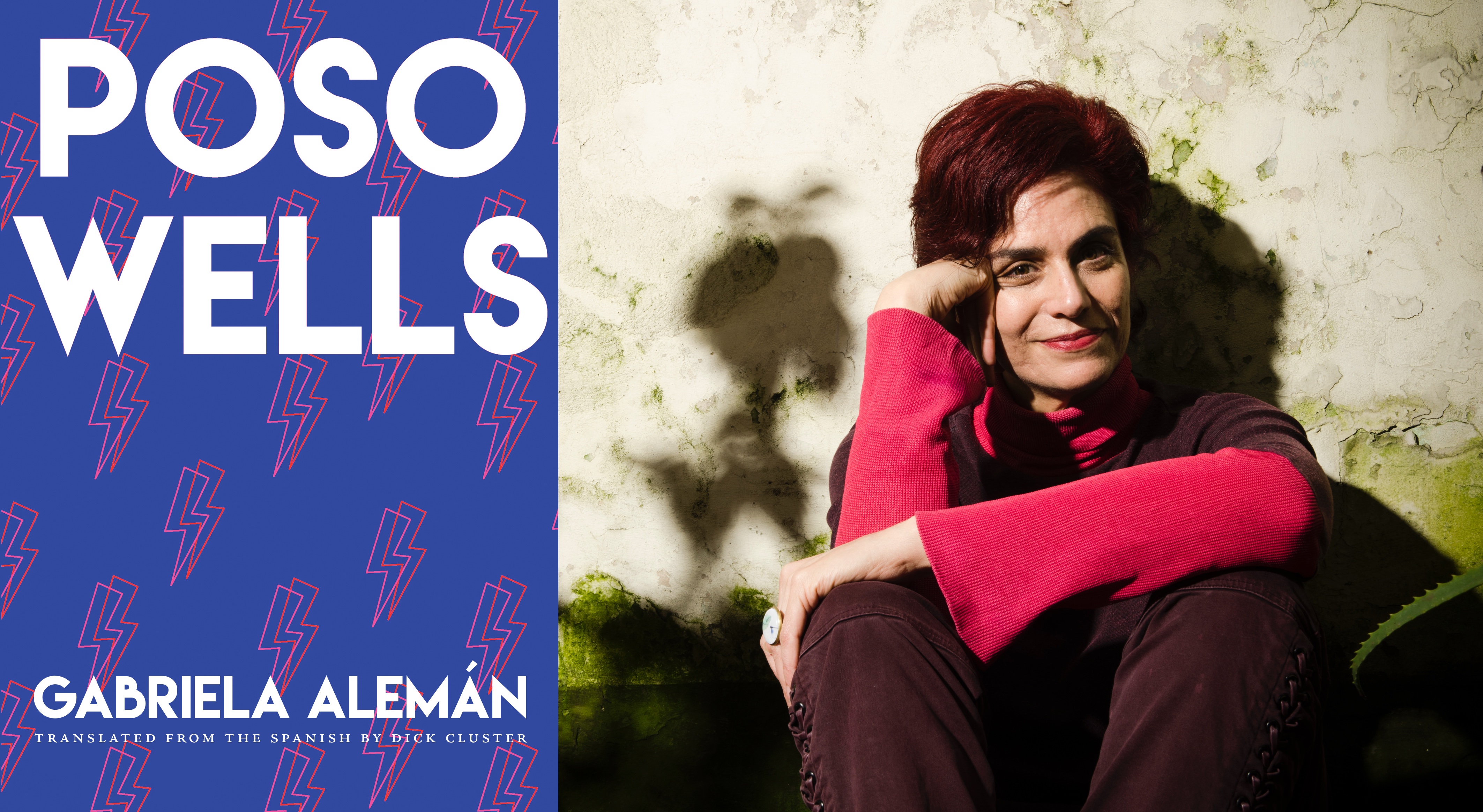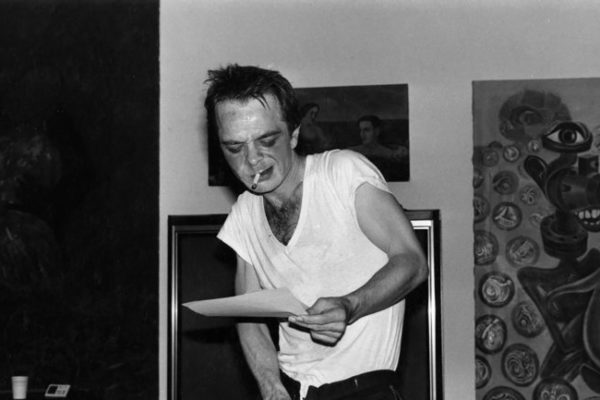The Dark Interval is a collection of letters from Rilke to bereaved acquaintances. He responds to many kinds of death in these letters: a suicide, an illness, the loss of a parent, a pet, a child. The book is built around this theme rather than a narrative, though there is a delicate link between several of the letters in the form of Vera Ouckama Knoop, whose death inspired Rilke’s Sonnets to Orpheus. This collection contextualizes and enriches much of his poetry but especially the Sonnets, which he described as a “gravestone for young Vera.”
Ulrich Baer’s lovely and informative prologue reveals his personal connection to these letters: he writes that they guided him “back into life” following the death of his father. Baer’s careful translation maintains the idiomatic aspects of German and the vividness of Rilke’s writing. There is poetry in his stray observations: bells that “trailed their sounds like rags,” Rodin’s “docile and relaxed clay.”
Any reader will find lines in this book that touch them on a personal level. This line resonated with me: “my attitude toward death is that it frightens me more in those whom I failed to truly encounter.” While I read the book, a friend wrote to me with the sad news of the death of a former classmate. She was not someone I had known well, but I was struck with feelings of “what if?”: what if I had gotten to know her better, had made more of an effort? Death is frightening in those we have “failed to truly encounter” because it is easy to imagine ourselves in their position, as a cipher to those we knew only in passing.
Read all at once, the letters are somewhat repetitive, as Rilke offers similar advice to many of his recipients. Some are a little didactic – Baer notes Rilke wrote these letters “with the expectation that they were likely to be published,” so perhaps the lesson-like aspects are a result of this. Nonetheless, the book is an education in how to sensitively console the bereaved. The titular “Transformation” of this book is the transformation we undergo after a death – we must dwell with loss and come out the other side a different person. In one letter, Rilke advises the recipient to “touch with your hands his things, which through their manifold relations and affinity are after all also yours.” Death is not something to overcome, because to try to overcome it is to fail to truly contend with it.
Photo courtesy of Modern Library Classics, Penguin Random House
